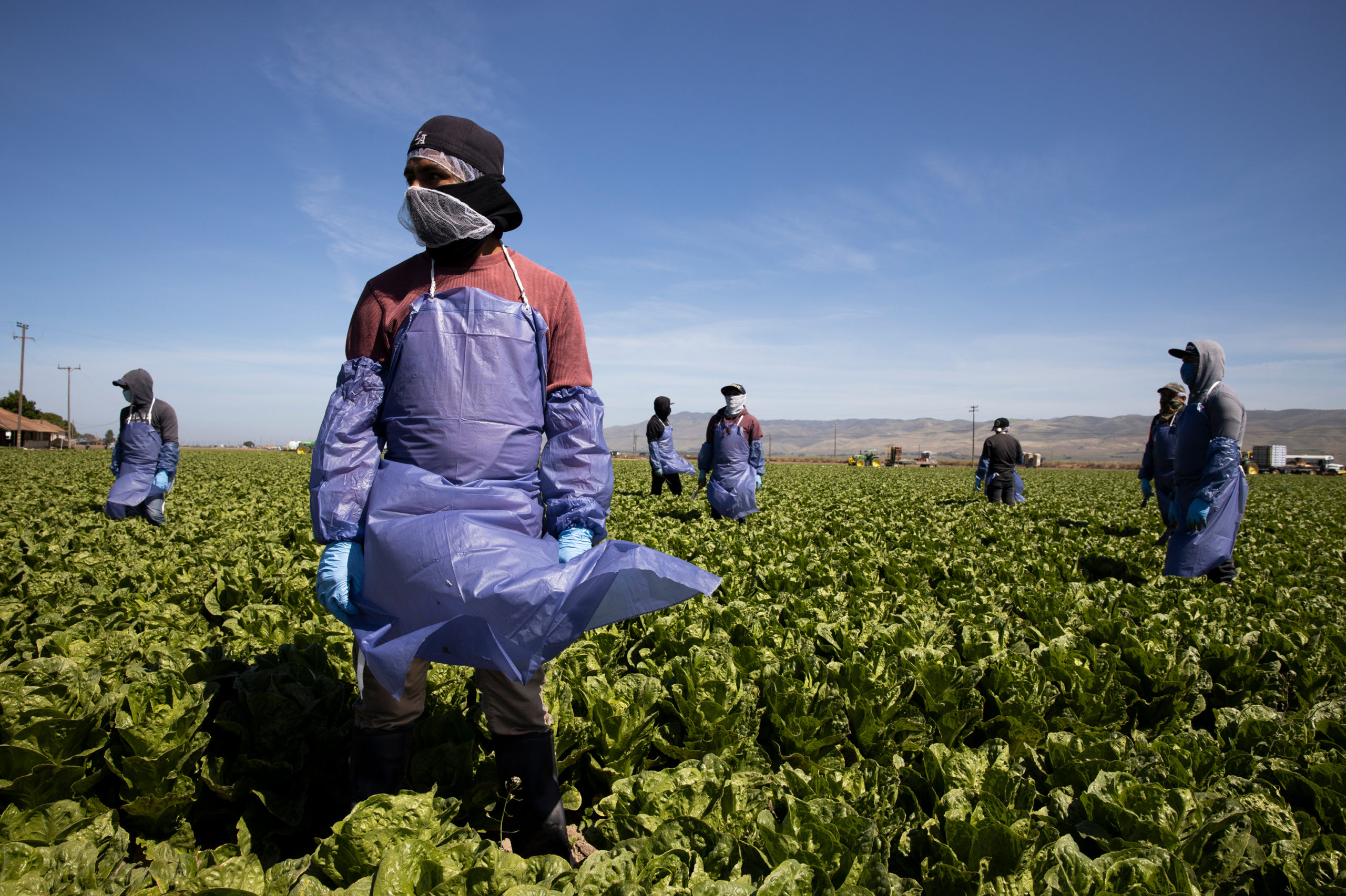



Article by: Hari Yellina
Labor has defended its plan to revamp the federal government’s agriculture visa and provide greater incentives to farmworkers from the Pacific, which was revealed last year. On Tuesday, Labor said that it will establish a dedicated agriculture visa stream under the existing Palm (Pacific Australia Labor Mobility) scheme, thereby replacing the Coalition’s new visa for forestry, fishery, and farmworkers, which targeted migrants from Southeast Asia. David Littleproud, Australia’s agriculture minister, accused the opposition of eliminating the agricultural visa, which Australian farmers needed to fill labour shortages. “The Australian Workers’ Union has won and will put an end to any prospect of finding a long-term solution to agriculture’s labour workforce difficulties,” Littleproud said.
Labor has defended its plan to revamp the federal government’s agriculture visa and provide greater incentives to farm workers from the Pacific, which was revealed last year. On Tuesday, Labor said that it will establish a dedicated agriculture visa stream under the existing Palm (Pacific Australia Labor Mobility) scheme, thereby replacing the Coalition’s new visa for forestry, fishery, and farm workers, which targeted migrants from Southeast Asia. David Littleproud, Australia’s agriculture minister, accused the opposition of eliminating the agricultural visa, which Australian farmers needed to fill labour shortages. “The Australian Workers’ Union has won and will put an end to any prospect of finding a long-term solution to agriculture’s labour workforce difficulties,” Littleproud said.
“The distinction between Labor and the government is that Labor has 55,000 ag visa employees ready to go,” Keneally explained. The proposed modifications to the ag visa, according to Michael Coote, CEO of AUSVEG, the industry group for the vegetable and potato industries, will limit the number of partner nations and result in fewer employees on Australian farms. Labor’s programme, according to the Australian Workers Union, would improve working conditions. “Rather than begging the foreign minister to persuade her Asian counterparts to accept a ‘trust us’ frankenstein visa with no safeguards, Labor’s plan would build on the success of the existing Palm scheme, which would strengthen existing ties with our Pacific neighbours,” said Daniel Walton, secretary of the AWU.
Labor’s visa announcement comes as agricultural businesses prepare to implement a guaranteed minimum wage for fruit pickers as a result of the Fair Work Commission’s judgement last year in response to the union’s plea. Horticulture workers will no longer be reliant on the problematic piece rate payment, which compensates workers based on how much fruit they harvest rather than how much time they spend picking it. Employees can continue to be paid on a piece rate after Thursday, but they will be guaranteed a minimum wage for each day they work. The change, according to Walton, is a “momentous shift” for Australian fruit pickers, who have been consistently and chronically abused and underpaid.
“Too many farmers have been able to use the piece rate system to achieve wages and working conditions that are significantly below Australian norms,” Walton said. However, Emma Germano, president of the Victorian Farmers Federation, said the changes will put even more on the already overworked agricultural sector. The horticulture award has been updated to include a new definition of competency for pieceworkers with at least 76 hours of experience. As a result, they’ll make at least 15% more per hour than the minimum wage. According to Germano, good casual workers would earn approximately $30 per hour, making them the highest paid fruit pickers in the world.
As a result, she said, growers will have to decide whether to keep under-competent people picking fruit and vegetables, even if their efficiency does not equal the cost per hour, or to leave the fruit unpicked. Working groups such as grey nomads, according to Germano, were previously content to work for lower wages without being pressured to meet specific goals. She claims that the modifications will raise production costs, which will be passed on to consumers unless shops bear some of the costs. While farmers may be able to show they are paying proper wages on paper, they may be able to deduct charges such as accommodation, transportation, and visas at extravagant rates, according to Abul Rizvi, an immigration advisor.
To go along with the improvements, both Germano and Rizvi want to see a rigorous compliance and enforcement regime from the Fair Work Ombudsmen. “Or else the whole thing will be for naught… “Because ethical growers would be disadvantaged by unscrupulous entrepreneurs who will be able to undercut the market,” Germano explained. Rizvi believes that employers who fail to pay the minimum wage should face harsher legal sanctions. “In my opinion, that should involve both criminal and financial consequences,” Rizvi said. “Wage theft is stealing. It’s no different to going to the bank and stealing money.”